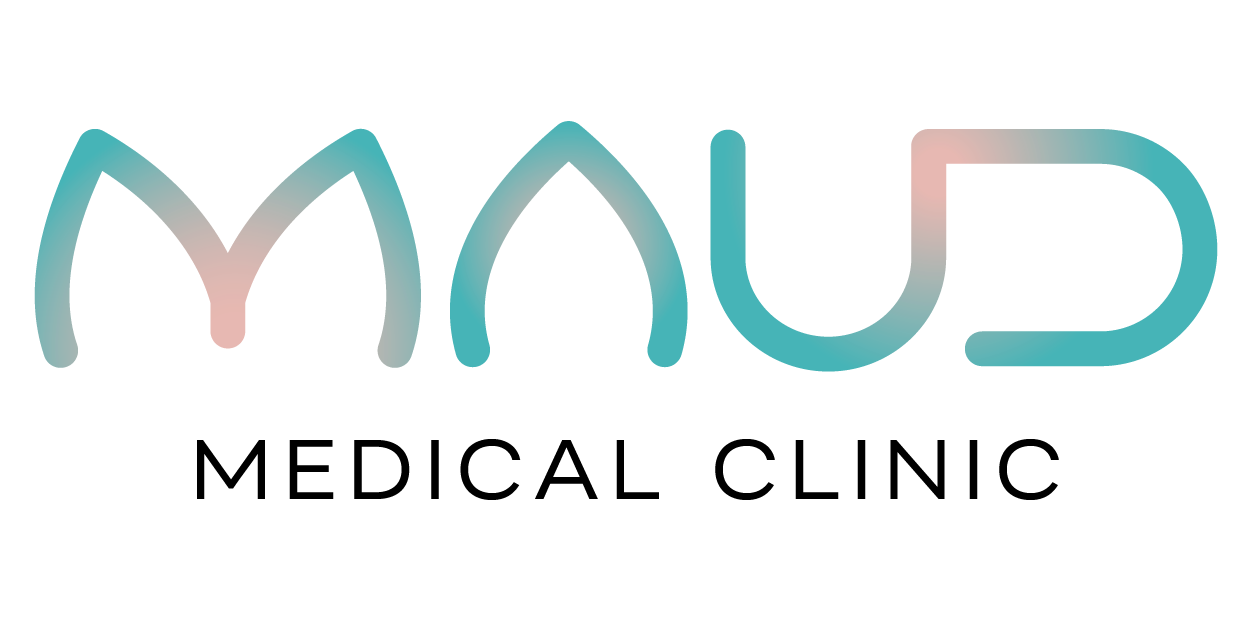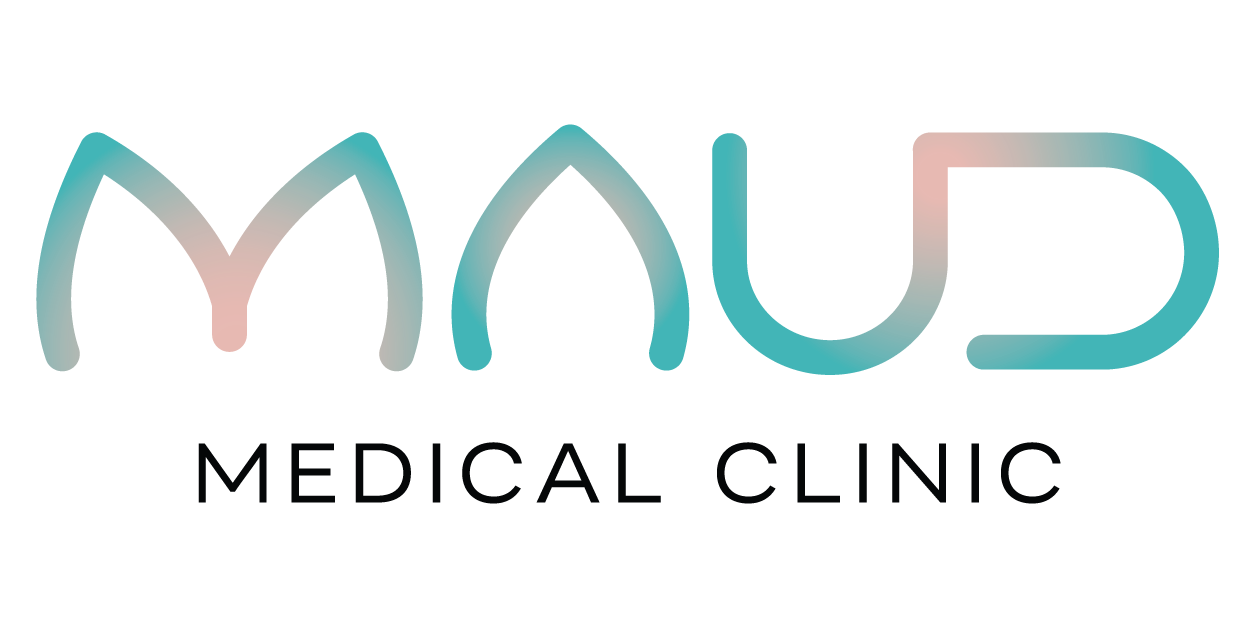Polycystic Ovarian Syndrome
What is Polycystic Ovarian Syndrome?
Polycystic ovarian syndrome (PCOS) is one of the most common endocrine and metabolic disorders in women of reproductive age. The worldwide prevalence of PCOS ranges from 4 to 21%, depending on the diagnostic criteria used.
According to the Rotterdam criteria, developed in 2003, diagnosis of PCOS requires at least 2 out of the 3 following:
Clinical or biochemical androgen excess
Oligo ovulation or anovulation
Polycystic ovaries on ultrasound
Common symptoms of PCOS that are not part of the diagnostic criteria include things like hirsutism, acne, androgenic hair loss and weight gain/difficulty losing weight.
The Impact of PCOS:
Anovulatory infertility: failure to conceive due to lack of egg being released from the ovary. PCOS accounts for up to 80% of anovulatory fertility.
Pregnancy related risks: Gestational diabetes, pregnancy-induced hypertension, preeclampsia, pre-term birth and cesarean delivery.
Metabolic impacts: Obesity, insulin resistance, type 2 diabetes, increased cardiovascular risk factors.
Psychological well – being: Women with PCOS are more likely to suffer from anxiety and depression, PMDD, body image issues and eating disorders.
What Can I Do For My PCOS?
PCOS is a metabolic condition that affects multiple systems in the body. Because of this, there are many ways to approach the management of PCOS via lifestyle changes:
Diet:
Lean protein (25 g per meal)
Non-starchy vegetables (2-3 cups per meal)
Healthy fats (½ cup of nuts/seeds/avocado or 1-2 tbsp quality olive/avocado/coconut oil per meal)
Quantity -controlled carbohydrates (low glycemic index or resistant starch is best)
Minimize sugar and processed foods
Limit snacking after dinner to help regulate circadian rhythm and lower insulin
Exercise:
Try to move every day. Walk to work, take the stairs and find an exercise routine that you enjoy. Exercise 3 to 5 times per week for at least 30 min per day. Vigorous exercise such as High Intensity Interval Training, has the benefit of increasing insulin sensitivity therefore, reducing androgens, improving liver health and thus increasing SHBG productions, as well as reducing waist circumference.
Acupuncture:
Acupuncture treatment on a weekly basis for several months has shown to benefit insulin sensitivity, promote ovulation, and regulate the menstrual cycle thus decreasing the unwanted symptoms of PCOS. The positive effects of acupuncture for PCOS include:
Increasing blood flow to ovaries
Reducing of ovarian volume and the number of ovarian cysts
Controlling hyperglycemia through increasing insulin sensitivity and decreasing blood glucose and insulin levels reducing cortisol levels and assisting in weight loss
Improving menstrual frequency
Stimulating ovulation
Decreasing circulating androgens in the body
Normalizing estrogen activity

